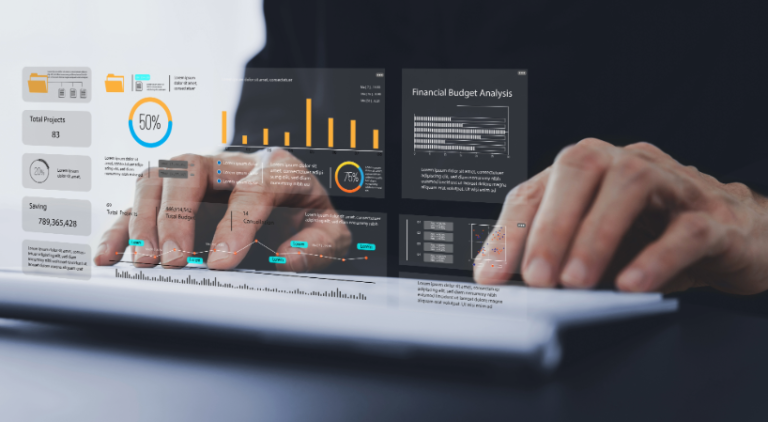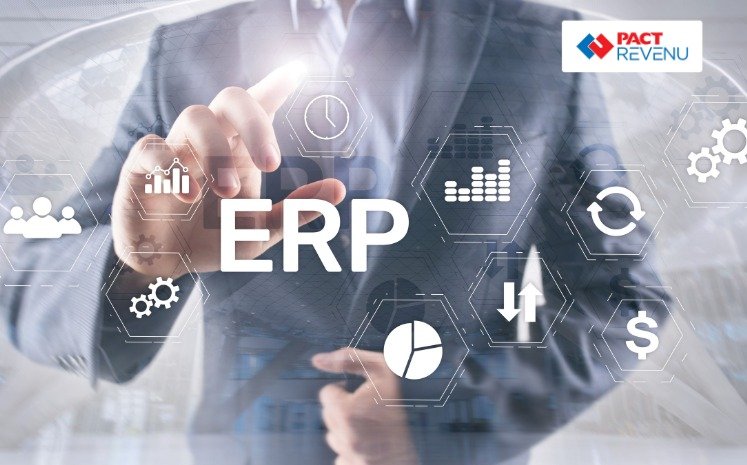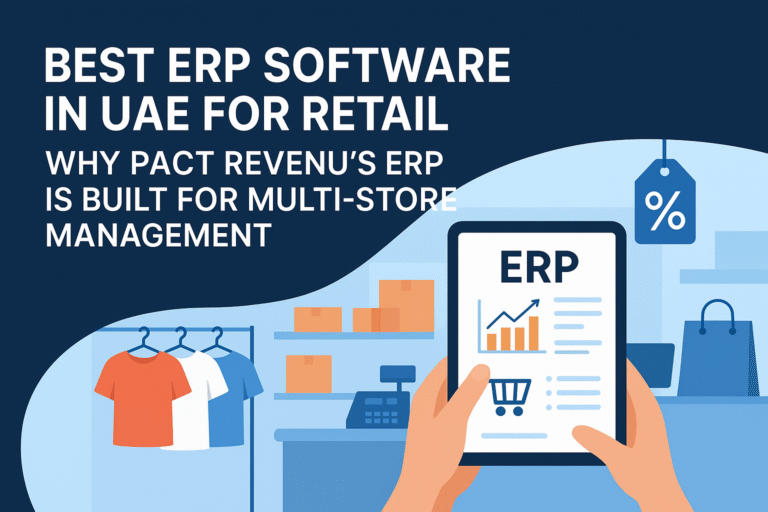
Similar Posts

Essential Technology Investments for Modern CFOs
Modern CFOs are embracing technologies like AI, automation, and cloud solutions to streamline operations, enhance decision-making, and drive growth. These investments are essential for staying competitive and adapting to evolving business demands.

What is Property Management Software and what are its major functions?
Property management software is designed to assist property managers and landlords in efficiently handling various aspects of property operations. These platforms typically offer features such as lease administration, maintenance tracking, and financial reporting, streamlining tasks and enhancing overall efficiency. citeturn0search3 By automating routine processes, property management software helps ensure timely maintenance, accurate financial management, and improved tenant satisfaction.

Break Free from Data Silos: Unleash Your Retail & eCommerce Potential with ERP
Unlock the full potential of your retail or e-commerce business with ERP. By integrating sales, inventory, finance, and customer service into one system, ERP eliminates data silos, boosts efficiency, and enhances customer experience—driving smarter decisions and faster growth.

How Much Does ERP Software Cost in the UAE? A Comprehensive Guide
Implementing an Enterprise Resource Planning (ERP) system in the UAE involves various cost components influenced by factors such as company size, required modules and features, customization needs, implementation and training expenses, and licensing and support models. Understanding these elements is crucial for businesses to budget effectively and select an ERP solution that aligns with their operational needs and financial constraints.

How to choose the right ERP?
Property management software is designed to assist property managers and landlords in efficiently handling various aspects of property operations. These platforms typically offer features such as lease administration, maintenance tracking, and financial reporting, streamlining tasks and enhancing overall efficiency. citeturn0search3 By automating routine processes, property management software helps ensure timely maintenance, accurate financial management, and improved tenant satisfaction.

Best ERP Software in UAE for Retail Why PACT REVENU’s ERP Is Built for Multi-Store Management
In today’s fast-paced retail industry, managing multiple stores with different inventories, sales channels, financials, and customer interactions is a huge challenge. That’s where ERP Software in UAE like PACT REVENU’s ERP (PACT REVENU) becomes indispensable. This solution is crafted for growing retail businesses that need unified control, real-time visibility, and modularity. Understanding ERP Software in…